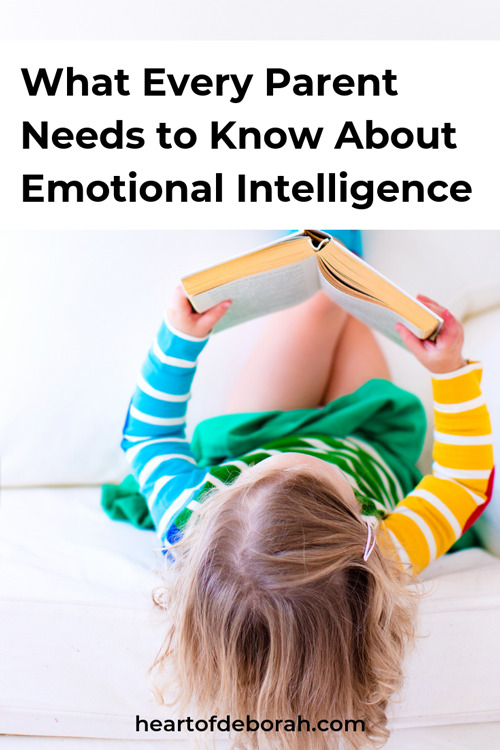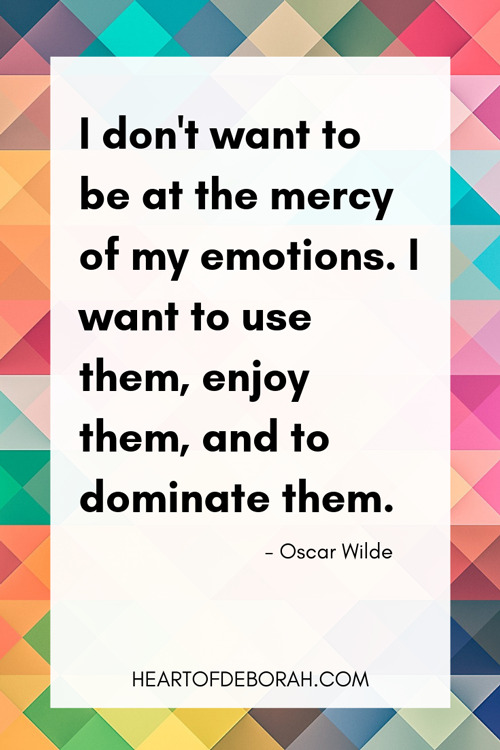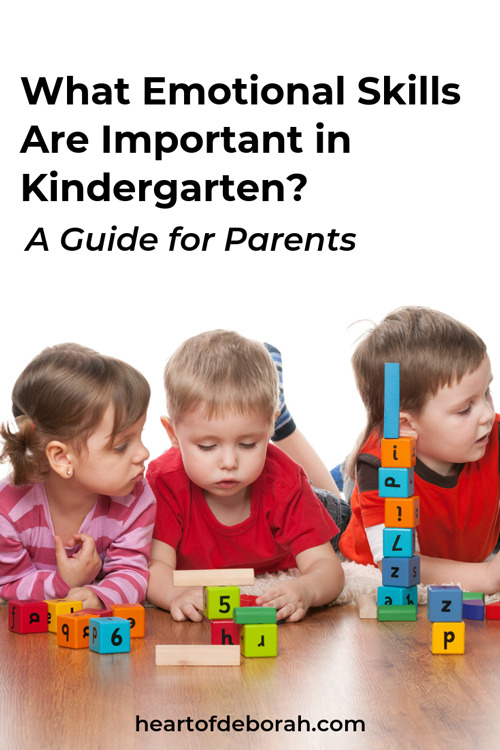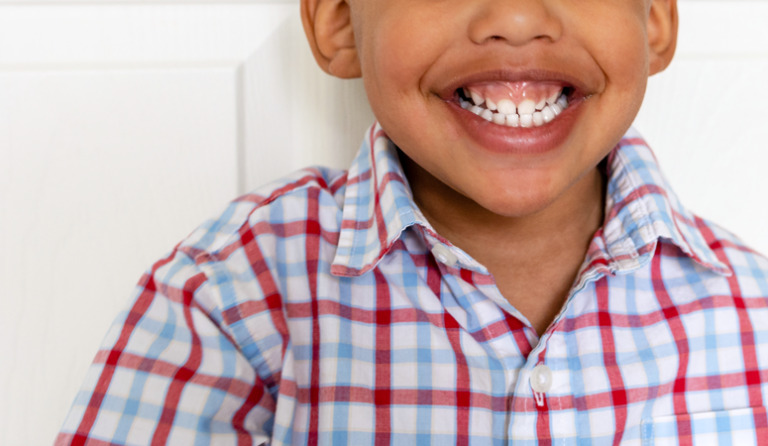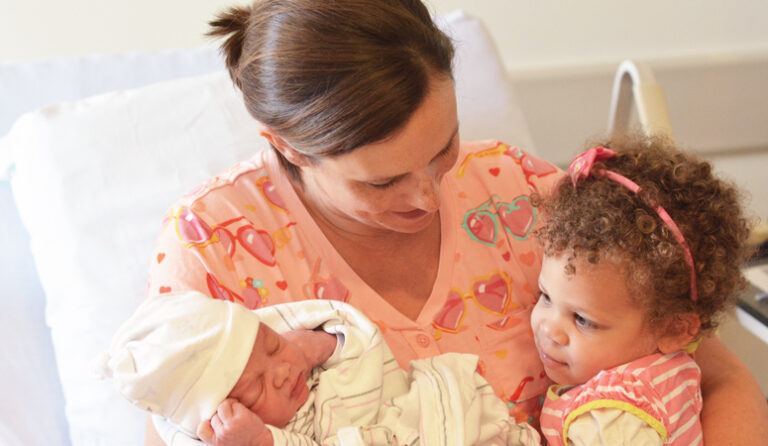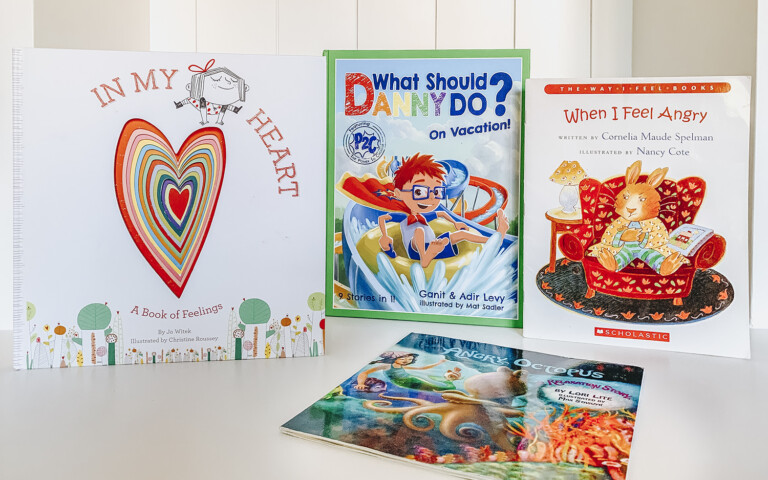What is Emotional Intelligence? A Guide for Parents of Preschoolers
Emotional intelligence is a buzz word in the psychology world these days. I can’t tell you how many articles I’ve read about how important social and emotional skills are, especially starting in kindergarten.
Many times the articles mention this research done in the American Journal of Public Health. The researchers found that social and emotional skills such as the ability to recognize emotions and regulate emotions were just as important to success in kindergarten as academic achievement.
So that leads me to the question, what exactly is emotional intelligence?
What is Emotional Intelligence?
According to Dictionary.com, emotional intelligence is “skill in perceiving, understanding, and managing emotions and feelings.”
As a school psychologist I often measured student’s intelligence quotient (IQ) using tests such as the Wechsler Intelligence Scale for Children (WISC). The WISC is a gold standard in measuring IQ in children. However, there is no formal or standardized assessment that I am aware of to measure emotional intelligence (EI).
So of course there is some debate over exactly what EI entails. I want to give an example to help parents understand exactly what skills this can refer to. If we are told social and emotional skills are so important for our children to learn, before we can teach them, we need to know exactly what the skills are!
Example of Kindergartner with High Emotional Intelligence
Johnny is a 5 year old in kindergarten. He loves to try new things and play with the train set at school. Sometimes Johnny gets frustrated when he isn’t able to do something his classmates can do. For example, cut out a perfectly round circle or remember his address. When this happens, he is quick to say “I’m feeling frustrated” and will often ask his teacher for help.
Johnny is also known to take a break and walk away if he feels like he is about to lose his temper. Johnny has a lot of friends and enjoys playing tag with his classmates at recess. He generally gets along well with others.
His parents report since he was very young he’d often ask how people are feeling when reading books together. He is great at perceiving other’s emotions based on their facial expressions and actions.
Of course this is a hypothetical situation, but it gives you a better perspective on social and emotional skills preschoolers or young elementary students can display.
Generally, emotional intelligence refers to the ability to identify emotions, regulate emotions and show empathy or positive social skills in social situations.
So what can you expect from your preschooler or kindergartner? Remember they are still learning and these skills don’t form overnight!
By age 5 to 7 children should be able to:
Identify their feelings in different situations
Identify strategies to regulate or change negative emotions
Implement strategies (sometimes with assistance) to regulate emotions
Identify emotions other people may be experiencing
Why Should I Care About My Child’s Emotional Intelligence?
I already shared some research on why social and emotional skills are important to academic success. Social skills can impact our children’s success in school and build on their readiness to learn.
Beyond that, as parents we have the ability to encourage certain behaviors in our kids. These behaviors will shape their motivation and character for years to come!
It can also come in handy when they face adversity (which at some point they will in their life). Hardy or resilient individuals are more likely to see difficult situations as a challenge and a chance to grow personally. Wouldn’t it be great if we could help our kids face difficult situations like this?
As a parent you have so much influence in your child’s life!
So how can we teach our young children good social and emotional skills?
This won’t happen overnight. It is also probably something you are already doing without realizing! Sure we can always improve in our own emotional self-regulation and parenting skills, but if you are an involved parent you are probably modeling some of this already.
As a school psychologist and parent this is something I am passionate about.
I’ve written a few articles on helping your children express BIG emotions and 3 ways to help your child deal with frustration. These deal mostly with strategies to regulate negative emotions. Over the years I’ve found this is one of the more difficult aspects of emotional intelligence.
I will also be launching a parenting course in the next few months on raising happy, successful children with a focus on emotional intelligence. Be sure to sign up for our newsletter so you don’t miss the information!
Finally, you can also browse our articles on parenting and social emotional skills.
I’d love to hear from you in the comments below. Is this something you are concerned about? Good at teaching? Let us know!


